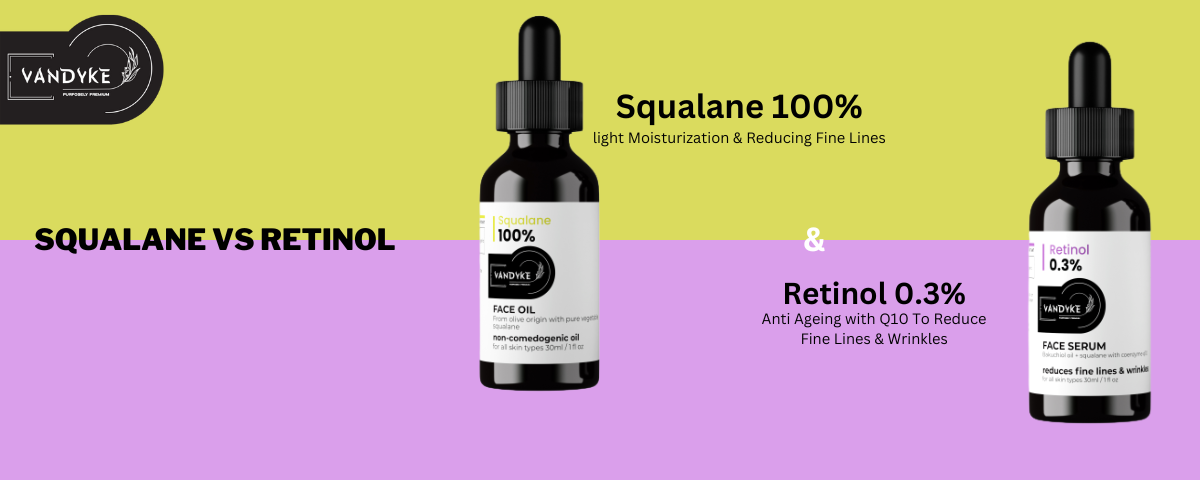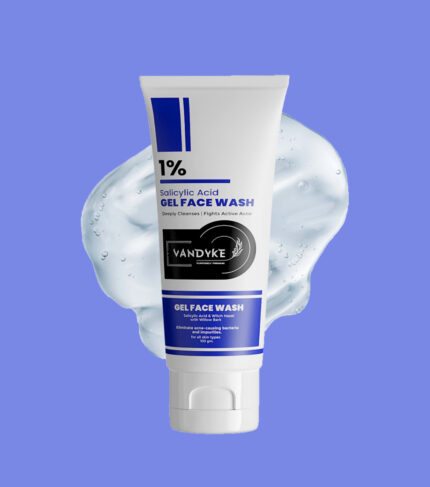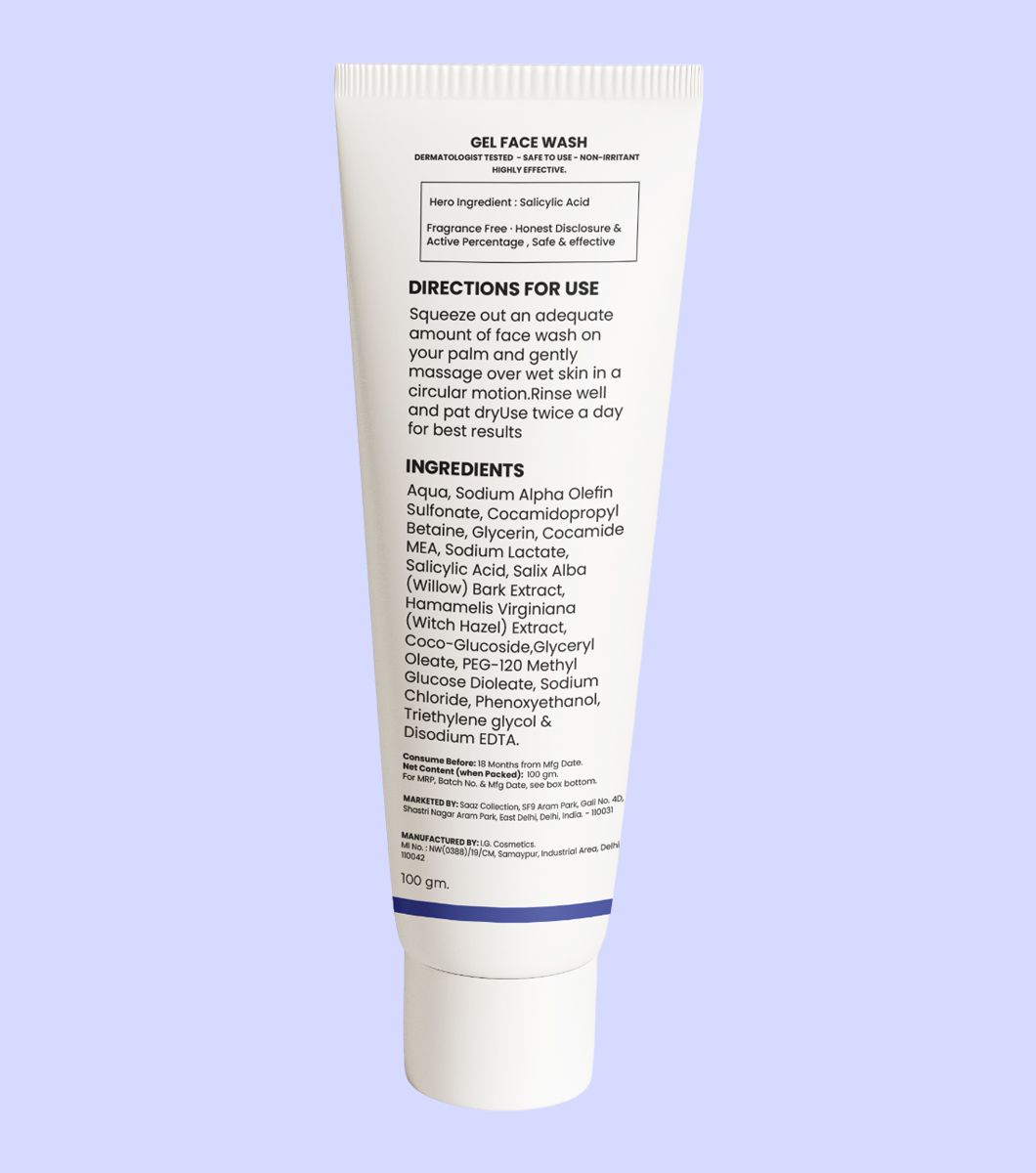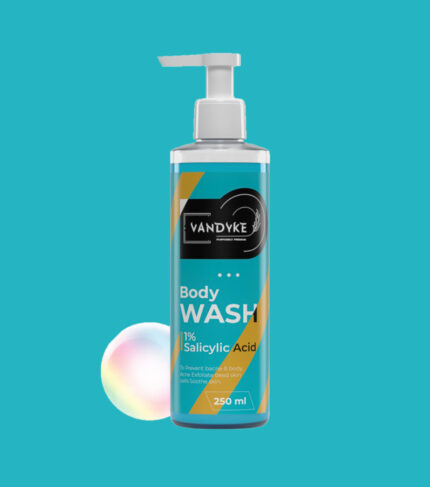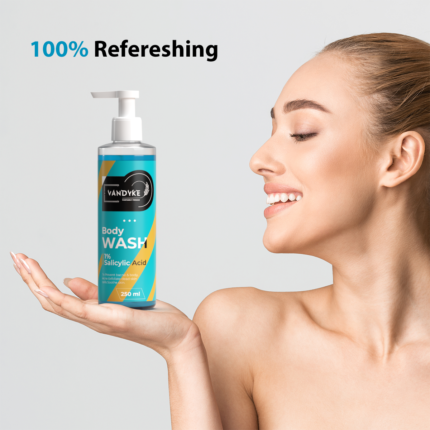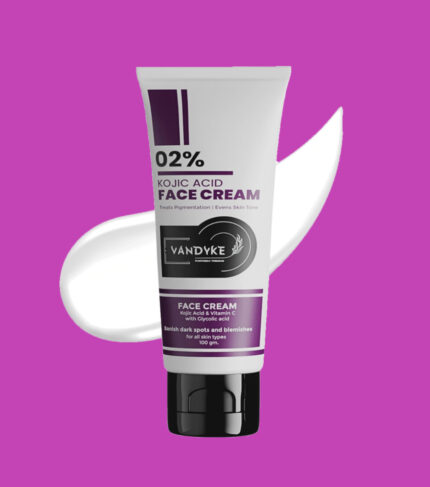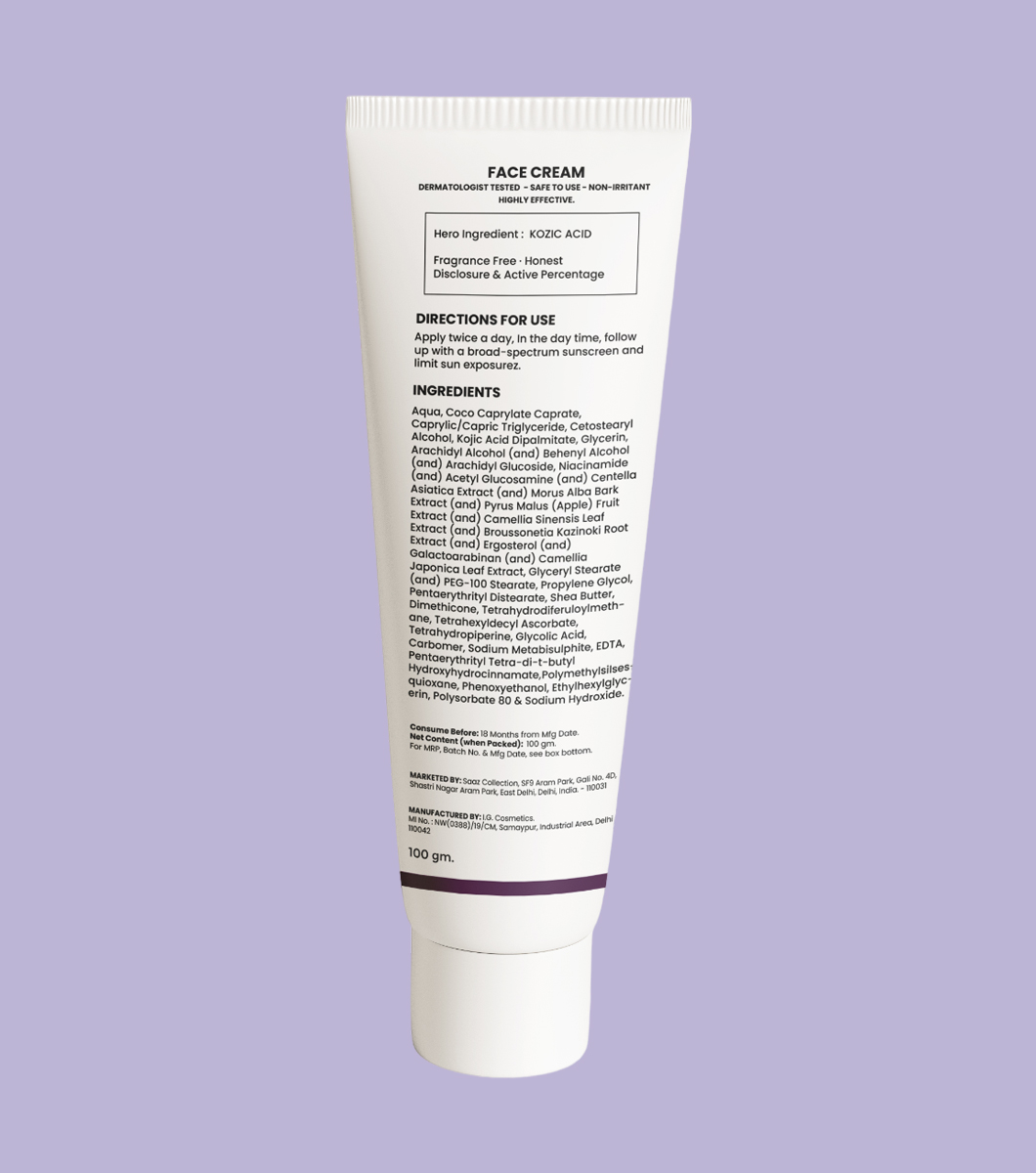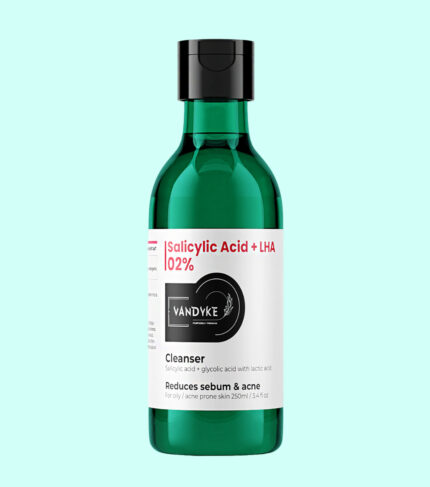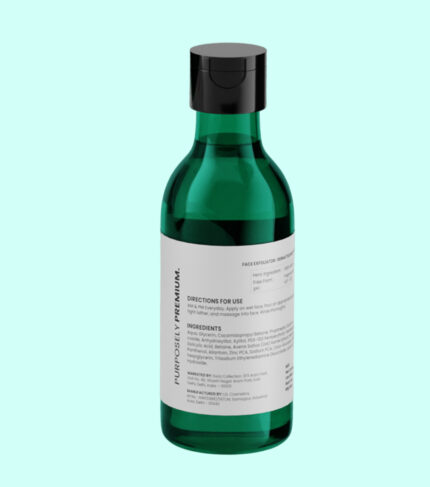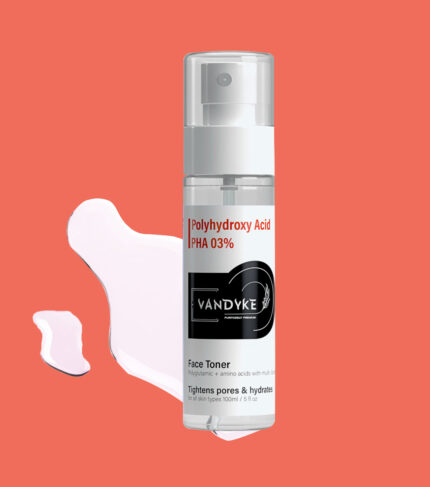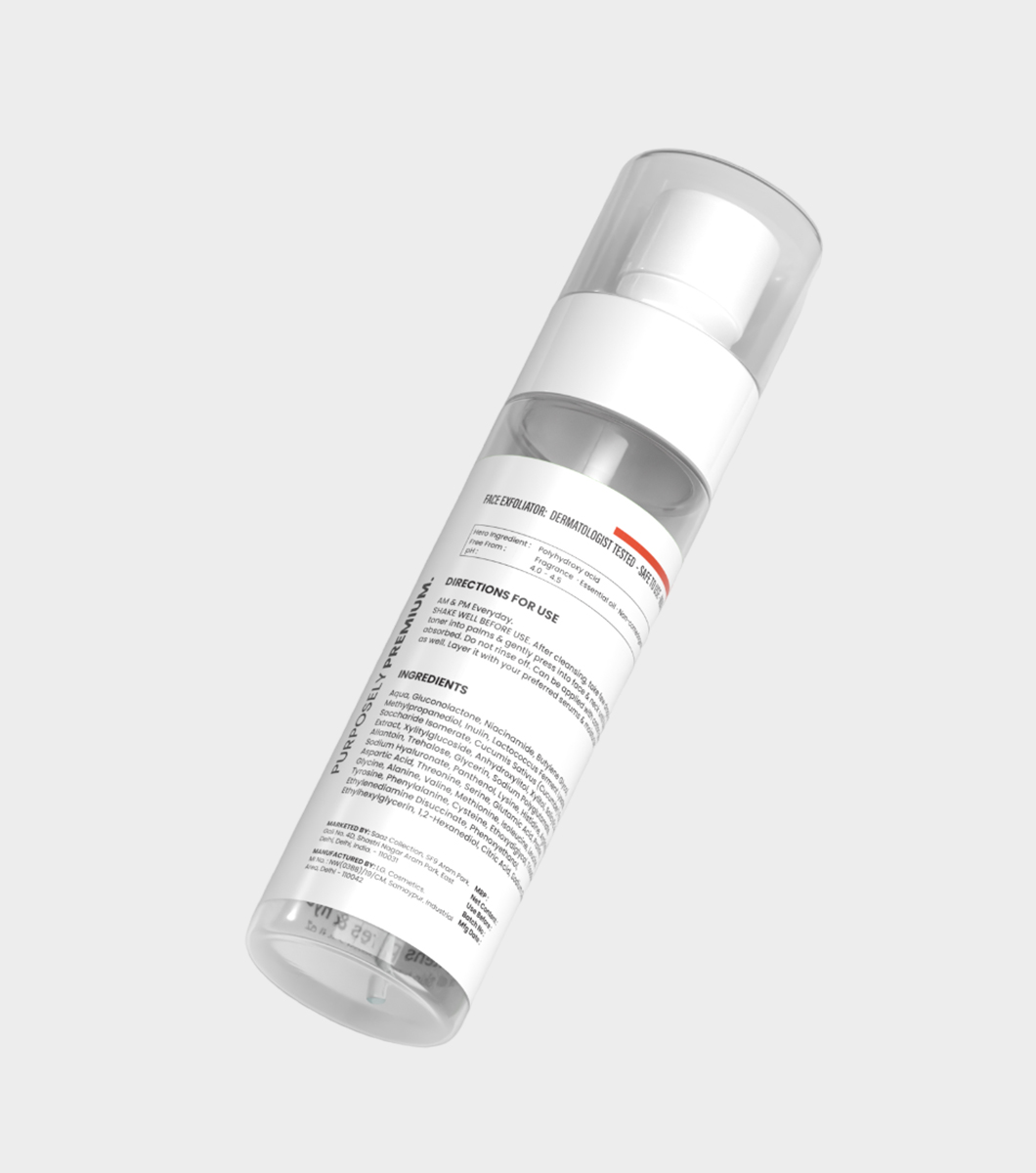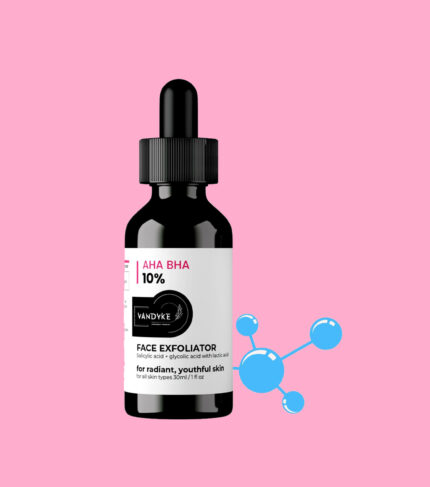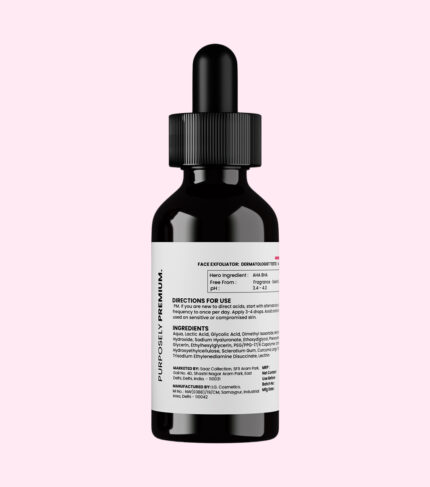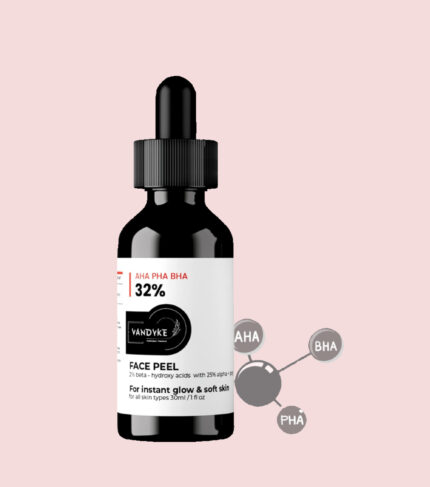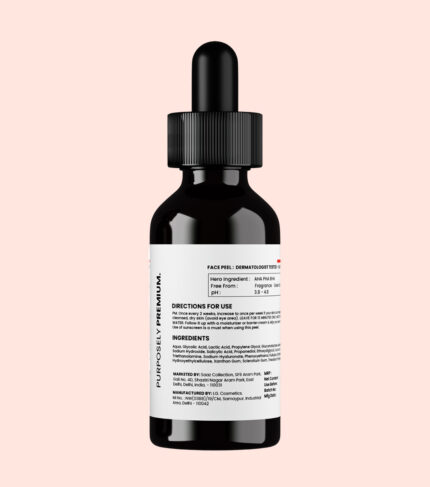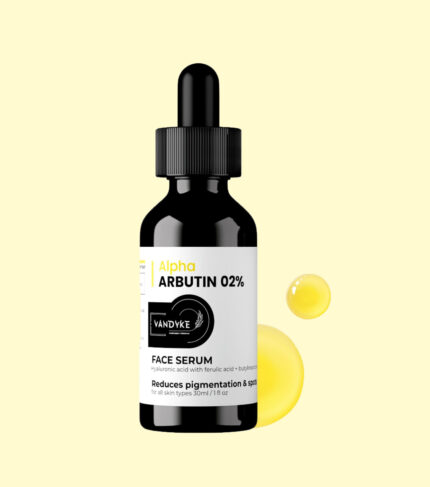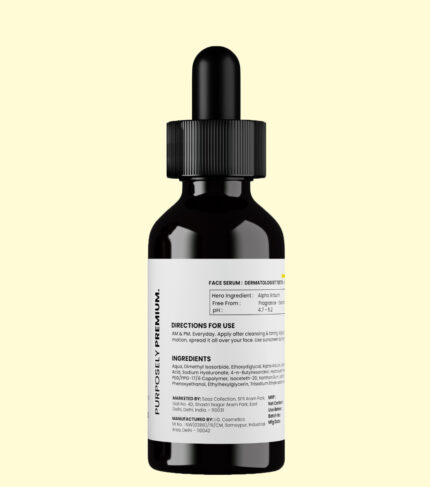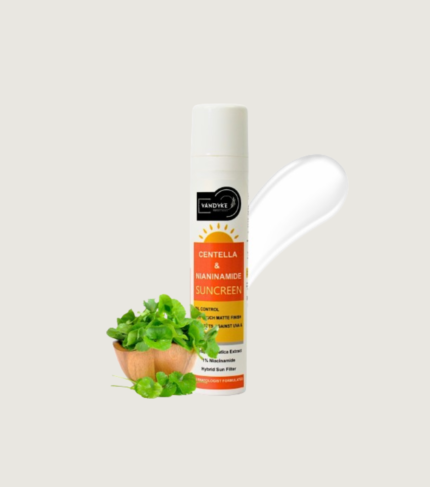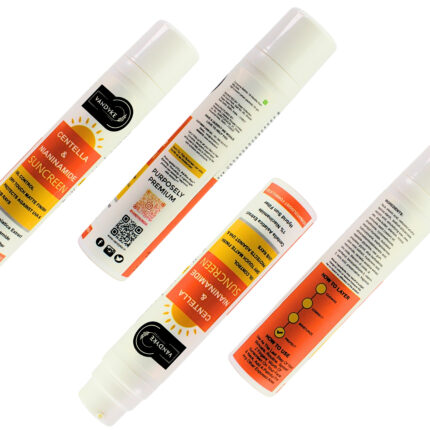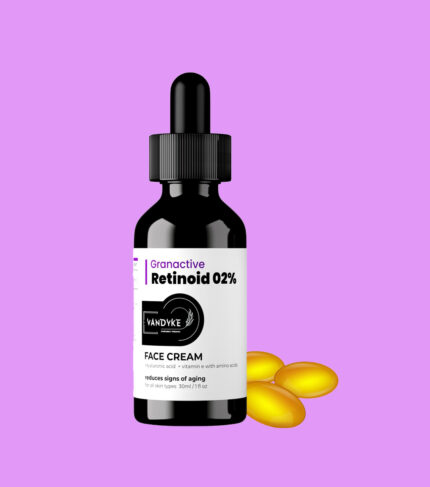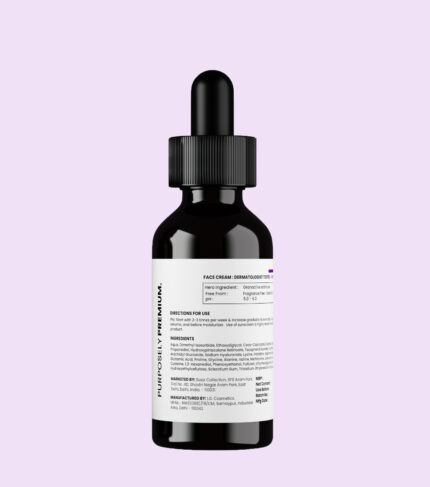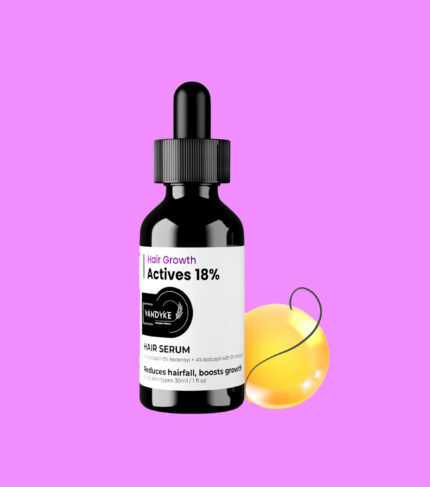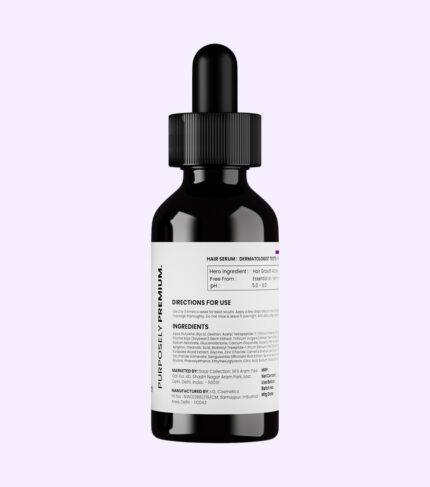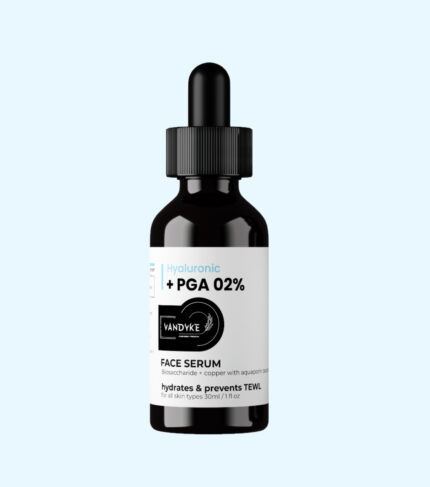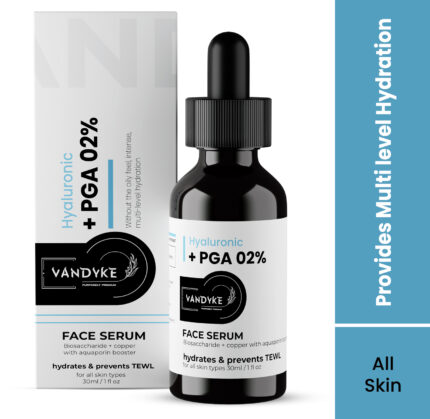Squalane vs Retinol Exploring the Best Choices for Your Skin
Skincare experts and beauty fans are frequently on a never-ending search for the best components to produce glowing, healthy skin. Squalane and Retinol are two such potent substances that have become quite well-known in the last several years. However, what are these substances precisely, and which one do you need to use in your skincare regimen? Vandyke will examine the characteristics, advantages, and possible disadvantages of both retinol and squalane in this comprehensive guide to help you decide which is best for your particular skin type.
What is Squalane?
Squalene, a naturally occurring substance in human sebum (skin oil), is the source of squalane, a component used in skincare products. A natural moisturizer that keeps our skin moisturized and smooth is squalene. But squalene is unstable and easily oxidized, thus it shouldn’t be used directly in skincare products. Conversely, squalane is a more stable and secure form of this substance. It is well-known for having superior moisturizing qualities and is frequently made from plant sources like sugarcane or olives. All skin types can benefit from squalane’s great compatibility, since it can enhance skin moisture and texture without triggering breakouts or irritation.
Benefits of Squalane
- Superior Moisturization
Squalane is a preferred component for those with dry, dehydrated skin because of its remarkable ability to hold onto skin moisture.
- Non-comedogenic
Because it won’t clog pores and is non-comedogenic, it is appropriate for skin that is prone to acne.
- Sensitive Skin Friendly
Squalane is frequently used post-procedure to enhance healing and hydration since it is well-tolerated by sensitive skin.
If you are looking for squalane oil. Then you can use vandyke squalane 100% face oil for your skin.
Drawbacks of Squalane
- Limited Anti-Aging Benefits
Squalane is an excellent moisturizer, but it lacks Retinol’s anti-aging power.
What is Retinol?
One of the best anti-aging skincare chemicals is retinol, which is a vitamin A derivative. It is well known for its capacity to accelerate collagen synthesis, encourage skin cell turnover, and lessen the visibility of wrinkles and fine lines. There are several different strengths of retinol, ranging from over-the-counter (OTC) preparations to prescription-only choices. It’s a multipurpose component that may also help reduce the visibility of pores, enhance skin texture, and treat conditions including hyperpigmentation and acne. To minimize discomfort, it’s crucial to gradually increase the strength of retinol you use in your skincare routine as your skin becomes more tolerant.
Benefits of Retinol
- Boosted Collagen Production
Collagen production is greatly increased by retinol, resulting in firmer, plumper skin.
- Enhanced Skin Cell Turnover
It encourages the skin’s aging, damaged cells to shed, revealing younger, more radiant skin.
- Diminished Fine Lines and Wrinkles
Because retinol stimulates skin rejuvenation, wrinkles and fine lines look less prominent.
If you are looking for a skin care serum containing retinol then you can use vandyke retinol 03% face serum for your skin. This is the best serum for aging skins.
Drawbacks
- Potential Irritation
Particularly when added to a skincare regimen for the first time, retinol can be harsh on the face and result in redness, flaking, and irritation.
- Sun Sensitivity
Sunscreen is a must as skin grows more susceptible to the sun’s rays.
Which One Should You Choose?
The decision between retinol and squalane is mostly influenced by your skin type and skincare objectives. Here’s a summary to aid with your decision:
Choose Squalane If:
- You require a strong moisturizer as your skin is dry or dehydrated.
- You have delicate or easily irritated skin.
- Preserving the health and moisture of your skin is your major objective.
Choose Retinol If:
- You want to take care of wrinkles and fine lines that indicate age.
- Your main goals should be collagen synthesis and skin cell regeneration.
- Potential negative effects, such as early discomfort and sun sensitivity, are controllable.
It’s also important to note that some people decide to use retinol and squalane in their skincare regimen. Retinol may be used at night to address certain anti-aging issues, while squalane can be utilized as a calming and moisturizing part of your regimen. To prevent severe irritation, it’s crucial to apply sunscreen during the day and to gradually handle Retinol, as Retinol can make the skin more sensitive to UV rays.
Combining Squalane and Retinol
If you want to enjoy the benefits of both Squalane and Retinol, consider incorporating them into your skincare routine strategically:
- Daytime Use
Squalane is a great option for your skincare regimen in the morning. It contributes to the formation of a barrier that protects against environmental stresses and offers sustained hydration. Apply a broad-spectrum sunscreen thereafter to protect your skin from UV rays.
- Nighttime Use
Because it might promote sun sensitivity, it is preferable to take retinol in the evening. If you’re new to Retinol, it’s important to start with a lesser concentration and raise it gradually to reduce the possibility of discomfort. Retinol should always be used with a moisturizer to help reduce dryness and peeling.
- Alternate Nights
You might decide to use Squalane and Retinol every other night, if your skin can handle it. In this manner, you may take use of Retinol’s anti-aging properties and the moisturizing properties of Squalane.
The Importance of Patience
Patience is essential, regardless of whether you use retinol, squalane, or a combination of the two. It takes time to see results, and persistence is key. The following are some vital pointers to remember:
- Gradual Introduction
Start using Retinol at a lesser concentration and give your skin time to adjust before increasing its dosage to once every other night.
- Sun Protection
Sunscreen is a must-have, no matter what chemicals you choose for your skincare products. Retinol and squalane can both make your skin more photosensitive.
- If you are looking for sunscreen. Then you can choose vandyke SPF 50 sunscreen for your skin. 50 spf face sunscreen will be the best spf 50 sunblock. This sunscreen with 50 spf is enough for your daily skin protection.
-
Product Quality
Purchase trustworthy, high-quality skincare products to guarantee efficacy and reduce the possibility of contaminants or irritants. That’s why you should choose vandyke for your skin care products.
- Consult a Dermatologist
See a dermatologist if you have specific skin issues or if you’re not sure which choice is best for you. If required, they can offer tailored advice and possibly even write a prescription for Retinol at a higher dosage.
Conclusion
Squalane and Retinol are two prominent components in the skincare industry, each having special advantages. Squalane is an excellent moisturizer that works well on a variety of skin types, especially sensitive skin. Conversely, retinol is a strong anti-aging substance that is well-known for increasing collagen, decreasing wrinkles, and encouraging skin regeneration.
In the end, the decision between retinol and squalane depends on your skin type and your skincare objectives. Although a great moisturizer, squalane lacks retinol’s anti-aging properties. You may maximize the benefits of both compounds by carefully combining them in your skincare regimen.
Remember that patience and consistency are keys to having healthier, more youthful-looking skin. Your skin will appreciate the care and attention you give it, whether you choose to use retinol for age-defying effects, squalane for deep hydration, or a combination of the two.
Choose vandyke skin care tips and vandyke skin care products because we make our products;
“Purposely Premium”

